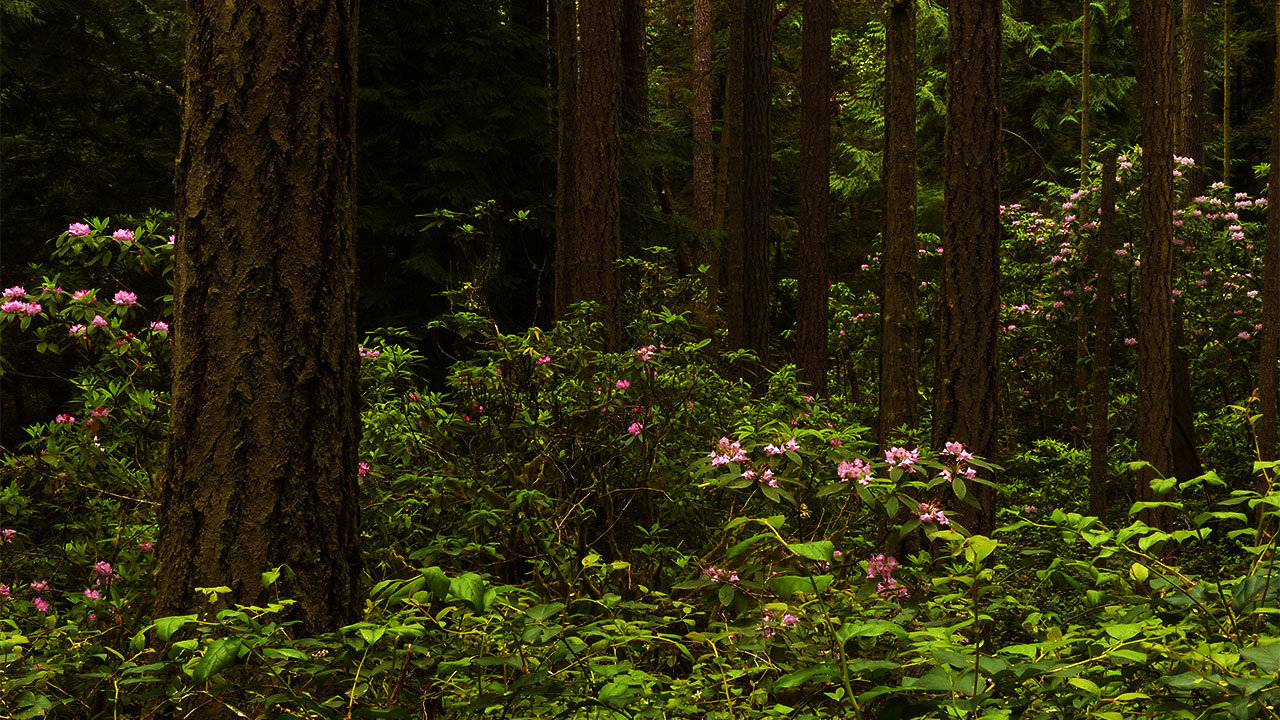 On Monday, August 24, 2015 from 3:30-5:00, the JLT Natural History Society Book Club will discuss The Golden Spruce: A True Story of Myth, Madness, and Greed by John Vaillant. We will meet at the Ilahee Preserve shelter. Contact Jean at jltnatural@saveland.org to RSVP and for directions, if needed.
On Monday, August 24, 2015 from 3:30-5:00, the JLT Natural History Society Book Club will discuss The Golden Spruce: A True Story of Myth, Madness, and Greed by John Vaillant. We will meet at the Ilahee Preserve shelter. Contact Jean at jltnatural@saveland.org to RSVP and for directions, if needed.
This is the tale of logger-turned-activist Grant Hadwin’s act of protest that resulted in the death of a rare golden spruce tree in the woods of Haida Gwaii (Queen Charlotte Islands). In addition to the details of this stranger-than-fiction story, the book presents a wealth of information on the logging industry in the Pacific Northwest.
Vaillant’s writing is often compared to that of Jon Krakauer.




